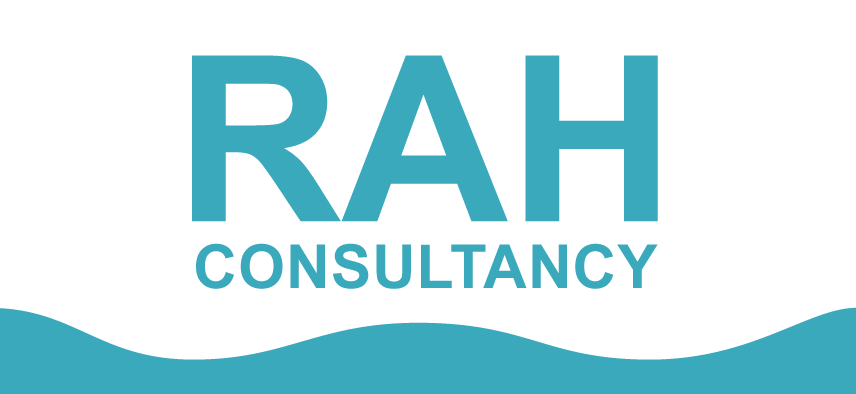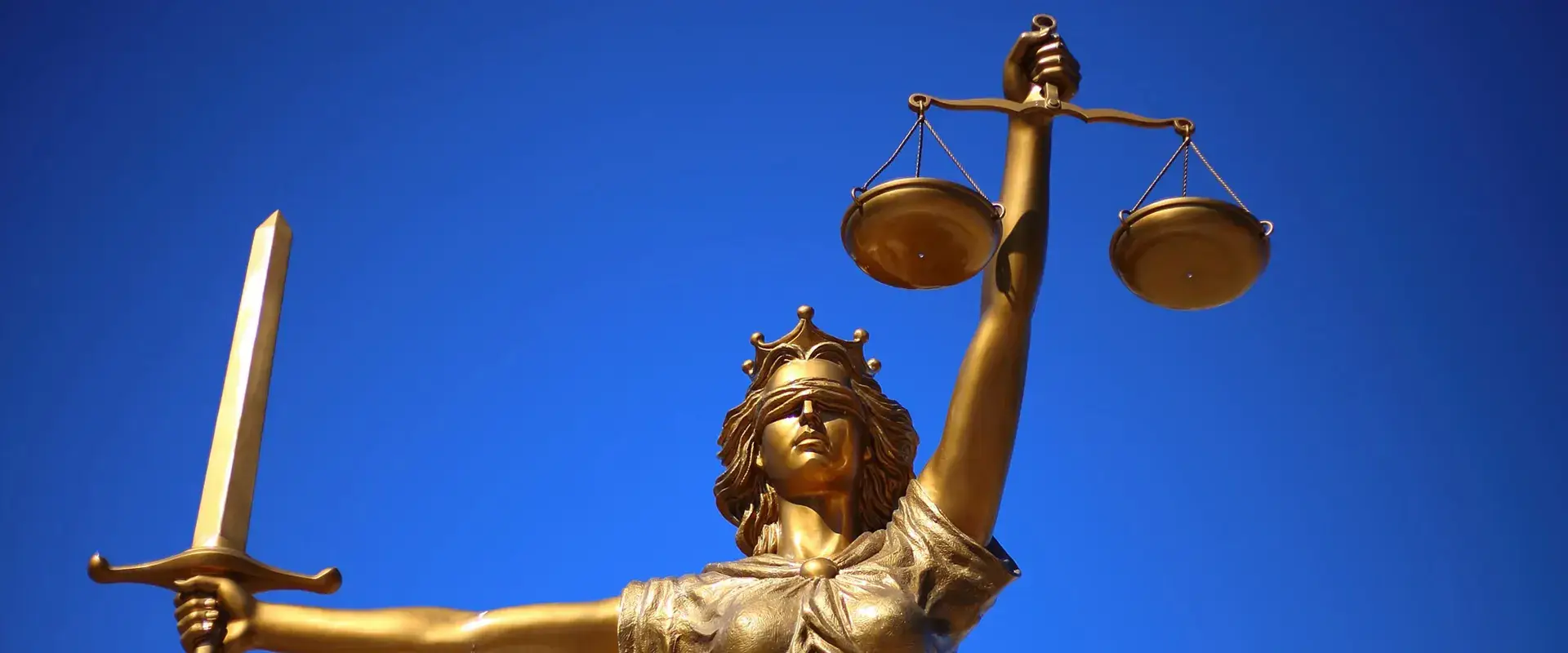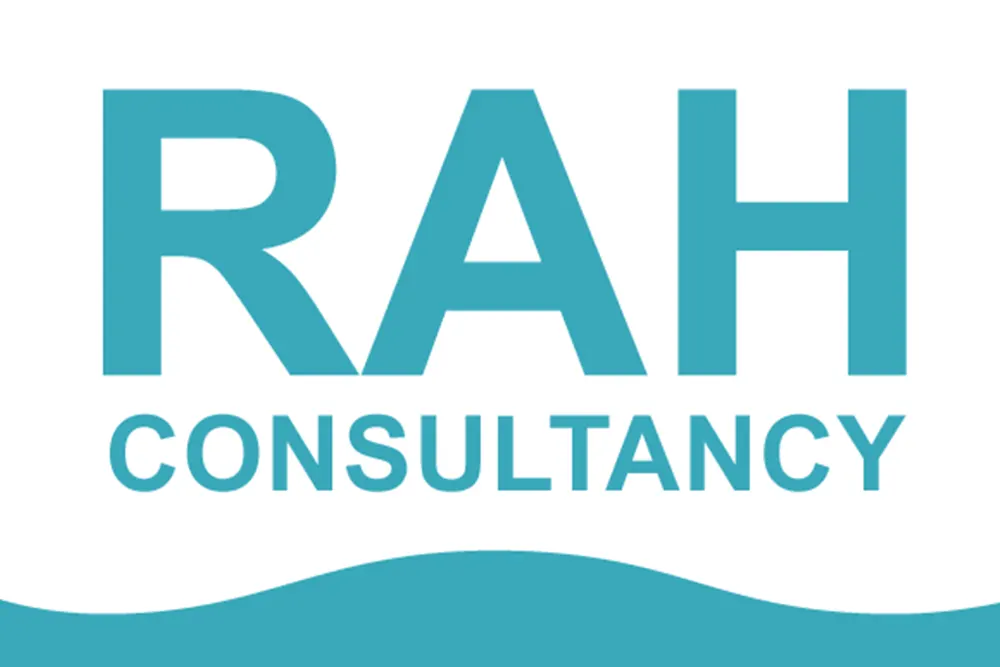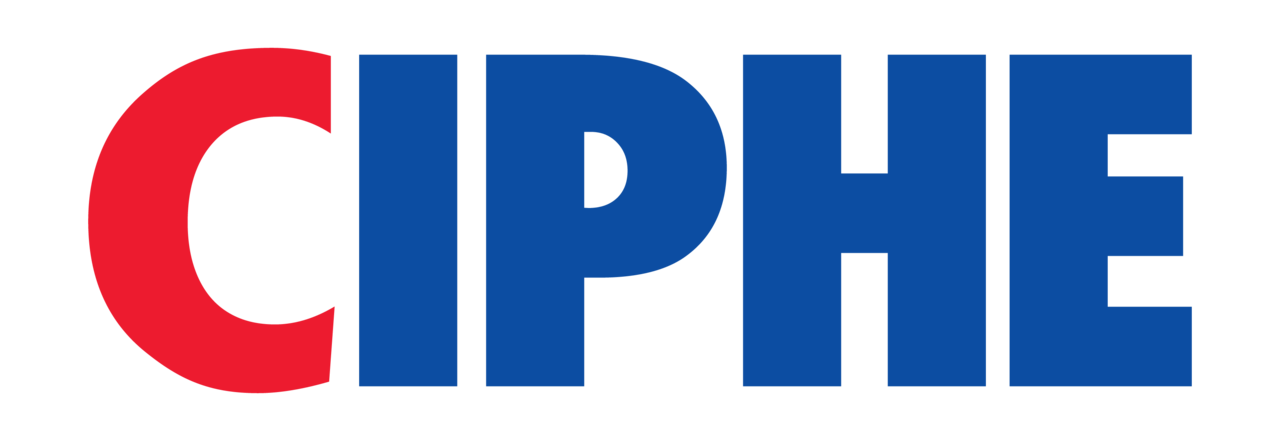RAH Consultancy - Acquisition International's "Most Highly Regarded Expert Witness 2017"
Patents are a type of intellectual property that gives an inventor or author the legal protection that excludes others from copying, using or selling an article for a fixed period after the issuing of an "enabling public disclosure of that invention". In modern parlance an industrial patent refers to a right regarding the intellectual property granted to anyone who invents something new, useful and non-obvious.
Patents are granted and enforced under national laws and may also be covered by international law where treaties exist between different countries. Generally, patents must be obtained for each individual country for full protection. When a new patent is published that patent becomes "prior art". Prior art is something that is new and has not been used before in a specific context. However, prior art can be challenged if it is discovered already being used in an object other than that for which the patent has been granted.
In that case, the validity of the patent can be challenged in court on the basis that at the time that the application was made a person "skilled in the art" could have made the connection between the original use and the newly patented use. Much of the work in patent cases relates to the novelty of the invention. There are of course many other instances in which patents can be challenged or defended and the potential complications involved should not be underestimated.
Richard Hurst, Director of RAH Consultancy, has experience in the development of patent cases and the need to establish clear and convincing arguments while either defending or attacking a patent. His wide experience of industry provides the depth of knowledge necessary to understand the complexities that may occur in these cases.
Patents are granted and enforced under national laws and may also be covered by international law where treaties exist between different countries. Generally, patents must be obtained for each individual country for full protection. When a new patent is published that patent becomes "prior art". Prior art is something that is new and has not been used before in a specific context. However, prior art can be challenged if it is discovered already being used in an object other than that for which the patent has been granted.
In that case, the validity of the patent can be challenged in court on the basis that at the time that the application was made a person "skilled in the art" could have made the connection between the original use and the newly patented use. Much of the work in patent cases relates to the novelty of the invention. There are of course many other instances in which patents can be challenged or defended and the potential complications involved should not be underestimated.
Richard Hurst, Director of RAH Consultancy, has experience in the development of patent cases and the need to establish clear and convincing arguments while either defending or attacking a patent. His wide experience of industry provides the depth of knowledge necessary to understand the complexities that may occur in these cases.





